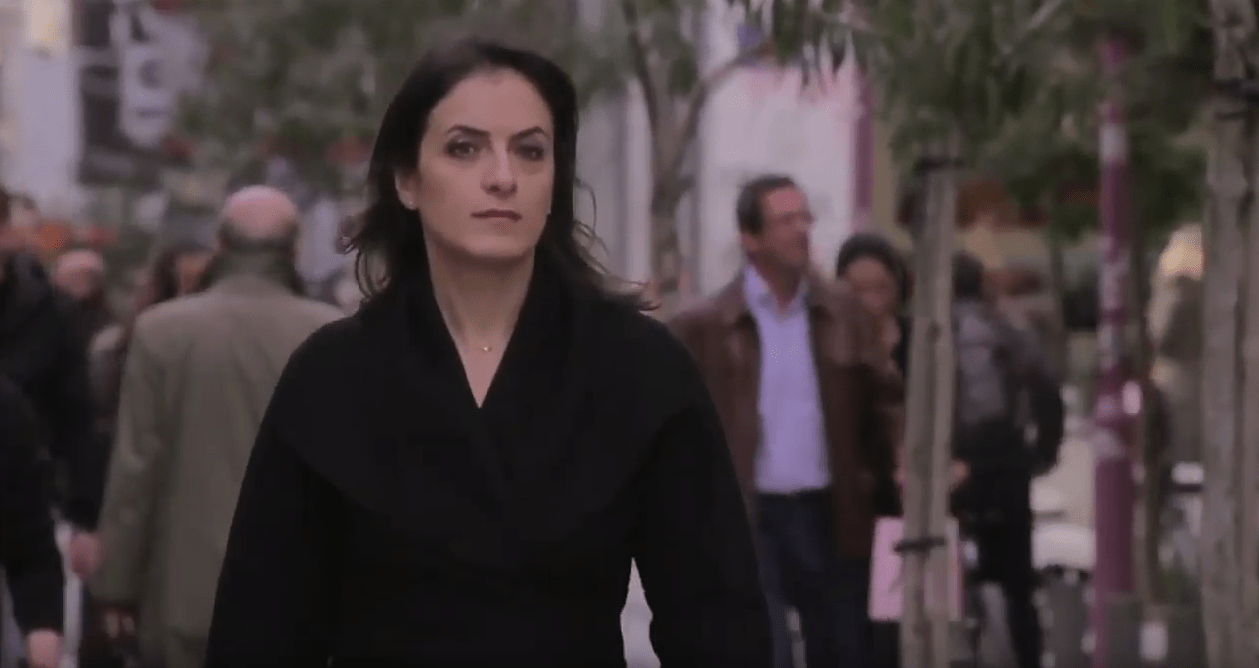
Many countries, both developing and developed, face daunting challenges to sustaining economic growth. The formal systems and rules that exist in these countries are often responsible for preventing growth and pushing people to the margins of society.
In this context, we tend to find the middle class on the verge of disappearing or barely in existence in the first place. Without a robust or developing middle class, prosperity for all members of society is stifled. This, results in growing income and wealth disparity between the haves and have-nots, an increasing marginalization of large segments of the population, a burgeoning informal economy, and all of this leads to an environment that fosters corruption.
To really affect sustainable growth we have to start at the core, addressing the broken systems and reevaluating the rules that prevent millions of people from achieving their economic potential. It is proven that a tenacious focus on appropriately reforming inefficient rules and structures can stimulate economic growth, increase wealth at the base of the pyramid, and build up a strong middle class.
With the appropriate application of reforms, we have the collective power to create opportunities and encourage the economic participation of all citizens.
Thought for Action provides a space for change makers, policymakers, investors, academics and citizens to exchange unconventional and innovative ideas related to tackling reform that will enable all members of society to prosper. It focuses on countries that have structural deficiencies to the point of halting growth, those at the risk of facing deep economic solvency crisis, and those that want to reform.
The organization engages with governments that are challenged with long lasting poverty, those trapped in sub-optimal development levels (examples include: Greece, Cyprus, Bulgaria, Egypt and Portugal), as well as countries that, although perceived rich, face economic challenges that threaten the existence of their middle class. By bringing together relevant players from both the public and private sectors, Thought for Action is changing the policy making process.
Partnering with think tanks, development institutions, research centers, local and state governments, impact investors, and social entrepreneurs, the organization provides a platform to create meaningful and lasting change. In bringing important dialogues on reform to the forefront, Thought for Action opens doors to redefine the system of rules, and rules themselves, that prevent all members of society from having the opportunity to prosper.
This includes, but is not limited to, the restructuring of a key component of prosperity—secure property rights. image006Thought for Action: Two Main Initiatives: 1) Live Events and E-Platform – Through online venues, conferences, seminars and publications, Thought for Action promotes the interactive sharing of knowledge and practical experience of both, successful and non-successful reform cases. 2) Diagnostic Tool for “Assessments” – Thought for Action offers a proven, diagnostic tool—Reality Check Analysis (RCA)—that enables a robust assessment of the institutional malaise that currently prevents full economic participation of all citizens, especially the poor and most economically marginalized.
This tool enables identification of: (a) the players needed to engage in the reform process; and (b) those who have vested interests the status quo and those who profit off of the current system. It also enables a robust analysis of the socioeconomic challenges facing a country and the level of difficulty required to implement necessary structural reforms.
Thought for Action has established working alliances with the World Bank Institute, Johns Hopkins University School of Advanced International Studies-SAIS, INSEAD School of Finance, and continues to build a network of partners. Its team is made up of experts with experience stabilizing countries and markets with structural problems and crises. Among them are Gary Reid, an international expert in Administrative and Public Sector Reforms, Ruth Richardson, former Minister of Economy and Finance of New Zealand, a key player in transforming New Zealand’s economy, and Robert Klitgaard, an expert in municipal reform, Francis Fukuyama, a leader in political analysis, and Christopher Pissarides, Nobel prize winner of Economics 2010.
Elena Panaritis is an institutional economist, and policy innovator. Until recently, she served as a special advisor to the Greek Prime Minister and as a Member of Parliament of Greece.
In more than a decade as an economist at the World Bank, Elena spearheaded several institutional/structural reforms including property rights reform in Peru that received International Best Practice and Innovation awards (in total about 15 million people benefited while the return has been over a 150 multiple).
Elena’s reform methods have revolutionized and forever changed the way people and policymakers think about them, specifically related to structural reforms. As an economist, she pioneered social entrepreneurship.
She is renowned for her success in transforming informal markets into vibrant, growing formal economic and social entities. Her book Prosperity Unbound: Building Property Markets with Trust (Palgrave Macmillan) recounts her experience and expands on her methodology- “Reality Check Analysis”, which is considered one of the best practical applications of institutional economics to property rights issues.
She is the founder of Panel Group, a triple-bottom-line business (social enterprise) that focuses in distressed cities and markets with high level of informality, transforming the wealth base of poor property holders, to proud middle class owners. Elena Panaritis has taught economic development, housing finance and property markets reform at the Wharton Business School, University of Pennsylvania, INSEAD, and the Johns Hopkins University- School of Advanced International Studies (SAIS).

Thought for Action is anAction Tank founded by economist Elena Panaritis to identify and remove socio-economic barriers that obstruct prosperity worldwide.
